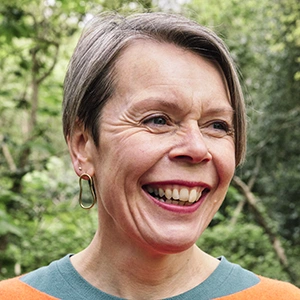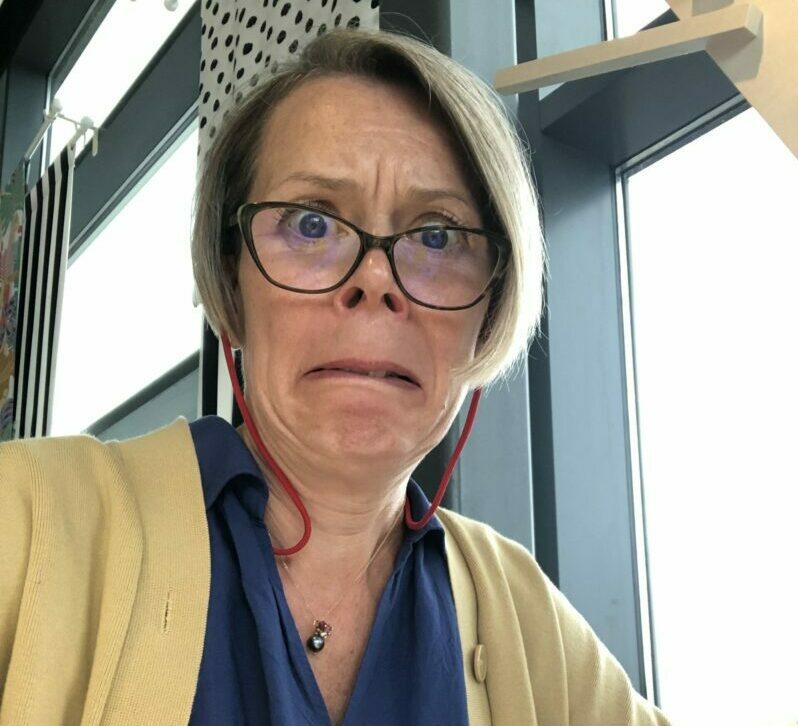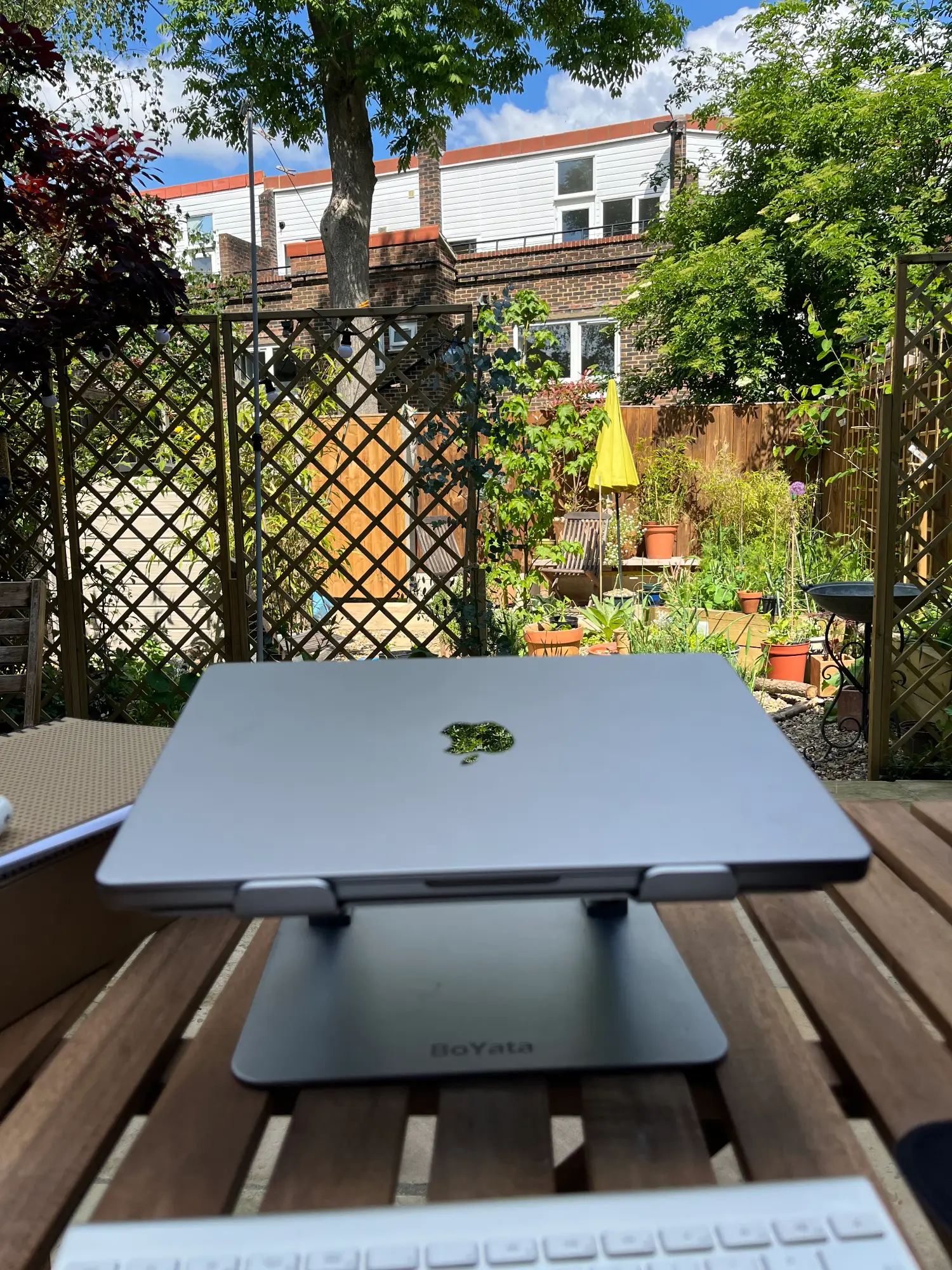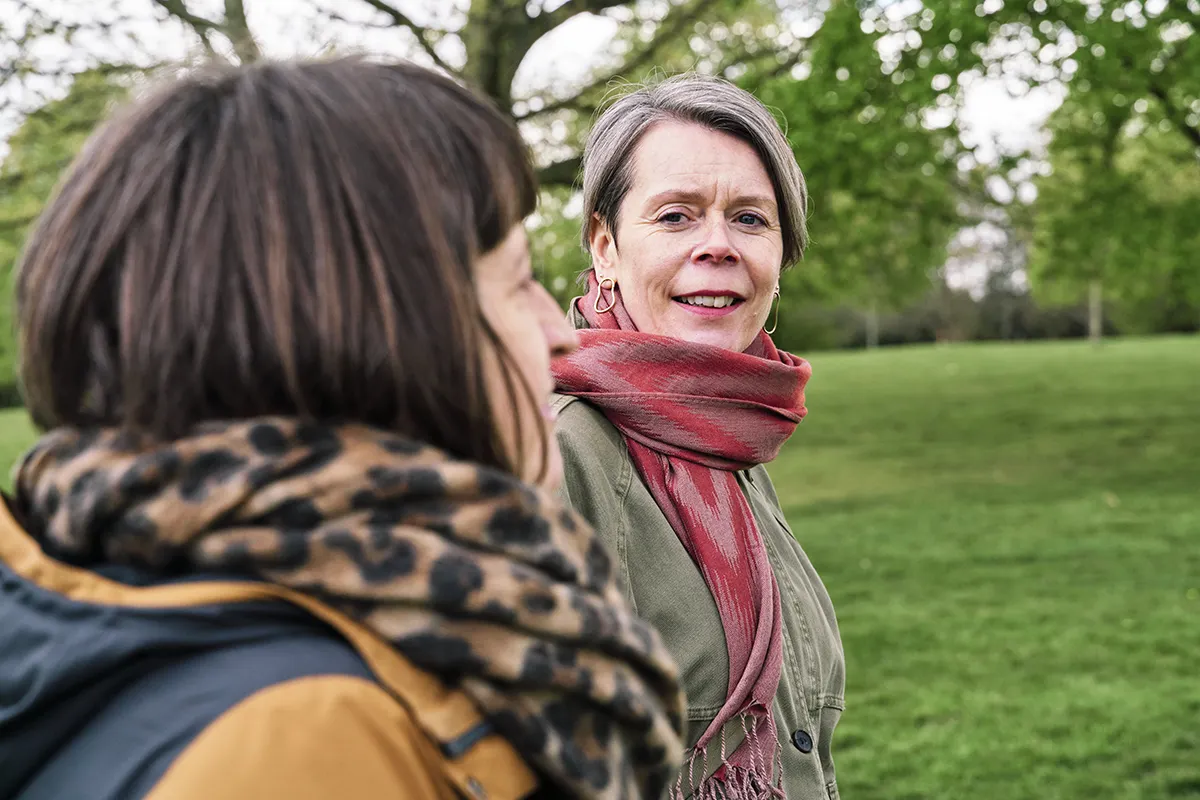5 min read
I did a ‘hard’ thing last week. I resisted meatballs and chips whilst at IKEA…
I KNOW!!
It got me thinking, how to do ‘hard’ things or what we perceive as ‘hard’ comes up in coaching conversations a lot – we want to stretch and grow in a coaching environment, to achieve our intentions and goals. But it’s uncomfortable and those voices of doubt can creep in…
Sp how to do hard things?
Here’s how, and it involves developing a Growth Mindset.
The story
I chose to do some work in the cafe at IKEA Croydon last Thursday – a change of work scene after a nearby meeting. Thursday is my fasting day – Monday is my other day (and also my HRT swap patch days – for another time ????).
It’s lunchtime – I’m surrounded by meatballs, chips and gravy…oh the smell of those balls of deliciousness…Hard to resist – as normally I’d be in there. It seemed everywhere, people were tucking into meatballs… ????
But I didn’t, because it was my fast day.
How did I resist? (!)
Willpower and motivation – yes.
But I don’t just ‘have’ willpower and motivation. Like – ‘oh hello willpower, switch on please…’!
I have to work at willpower, motivation and the belief that ‘I can”, ie a Growth Mindset because those characteristics and belief help me do hard things.
This comes up frequently in coaching conversations. When we try hard things, we grow – we stretch and expand outwards and are open to new possibilities. We move out of our comfort zone and into a growth zone.
Doing ‘hard’ things – especially things we thought were impossible, often gets easier with time (although it might not feel like it)! Or, we get better or used to doing those hard things and gain the intended outcome – and that’s useful in LIFE.
Here are some tips for doing ‘hard’ things and develop a Growth Mindset. This is taken from my coaching and personal experience.
TIP 1. Make mistakes
Making mistakes (or failing) is an essential part of learning.
By making mistakes we learn far beyond the thing we planned to do. A baby literally falls over 100’s of times before she can walk. What does she learn? To get back up and try again.
Make mistakes, learn from them and try again.
How you respond to making mistakes and what you do with it is the telling part. ????
TIP 2a. Ask yourself, ‘Can you wait 5/10 minutes?’
By asking yourself compassionately, ‘can you wait 5 or 10 minutes?’ is doing two things;
a. you’re asking yourself from an Adult Ego State; stepping back, being level-headed, centred and rational, while talking to the Child Ego State which is on the brink of having an almighty tantrum (what do you mean you don’t have tantrums?!)
Find out more about Ego States and how we communicate with each other, here.
b. you’re delaying the urge (ie the urge to eat meatballs and break my fasting day!)
I used this approach at IKEA – I delayed the urge to eat those bloomin’ meatballs (in their gravy) by talking to myself from an Adult Ego State, kindly. It allowed me to step back, listen and gain perspective.
On this occasion it worked. I responded pretty well, I felt quite good. I gained control of the situation to resist…!
Plus I had the additional, external motivation for sticking to my fast – see next.
TIP 2b. Just do 5 mins OR 5 mins more…
In a recent conversation, someone said to me they try this approach with their studies to help with procrastination – ‘just do 5 mins’…It’s like a jumpstart into action, with the permission to stop if after 5 mins it’s not working.
It helps, including the co-founder of Instagram, Kevin Systrom (article below).
I do it tallying expenses (urgh!) – ‘just 5 mins more and then you are done..’.
It’s encouraging, motivating you on. And you’re talking to yourself from an Adult Ego State.
We might even end up doing more than 5 mins (ha!). Or we might choose not to – which is OK too – our own choice, our control.
The great news is that we are rewarded at the end – the external motivation is to finish the task, whether it’s finishing that particular part of the studies or successfully completing another fast day…! ????????
TIP 3. Watch your Language!
Are the words you speak negative and self-limiting?
If you notice you often say or think ‘I can’t’, or ‘I’m not good enough to do x’, then that suggests you’re coming from a Fixed Mindset as these phrases are self-limiting.
Example;
By changing the word ‘hard‘ (negative connotation) to ‘challenge’ (positive), that instantly works better for me. It appeals to my competitive and curious streak. Resisting meatballs, chips and gravy is a challenge that I want to rise up to! My outlook is different – open (growth) rather than boxed (fixed).
This is two things;
a. Growth Mindset – a belief that intelligence and skills and strengths can be enhanced with effort and action. How we speak is an example of where our mindset is at.
b. Perception – the way I perceive the word by ‘hard’ limits me, whereas ‘challenge’ is freeing – more useful in allowing me to grow and achieve. It impacts me in such a way that I respond more positively – I want to take action and believe it’s achievable.
I WILL resist IKEA meatballs!
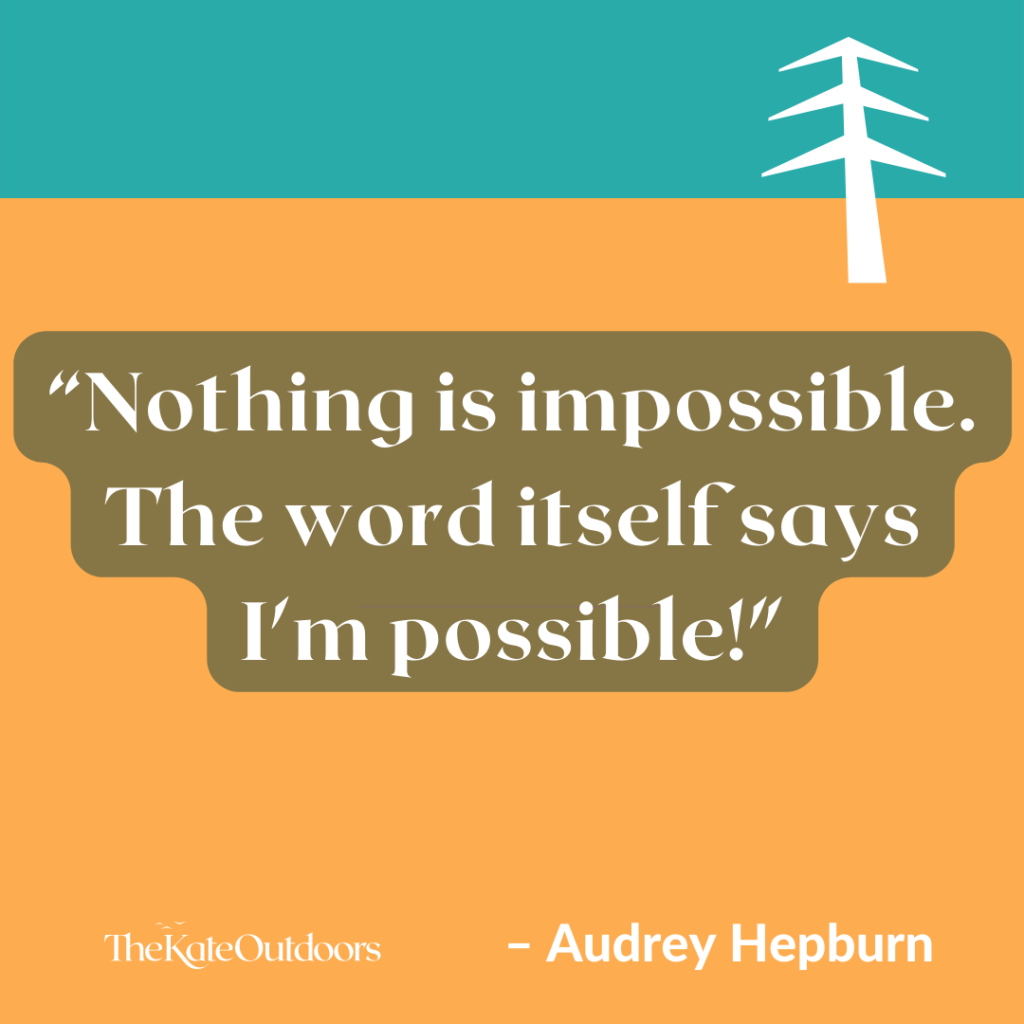
This is GREAT news in a coaching conversation because that’s where the shift happens; moving from a Fixed Mindset to a Growth Mindset allows you to open up to new possibilities and see things differently.
It’s like the penny drops. ????
Growth Mindset phrases include;
- “I can”
- ‘I’ll try”
- ‘I learned something’ instead of ‘I got it wrong’…
- ‘and YET’ instead of ‘but..’
Dr Carol Dweck gave us the term, Fixed and Growth Mindset. Teaching Growth Mindset has become popular in schools to empower children to believe they can be more, can do hard things and that getting it ‘wrong’ is ok.
Benefits of a Growth Mindset
I’ve seen these Growth Mindset characteristics in people I’ve worked with;
Resilience, belief, hope, a more abundant/expansive outlook, positivity, acceptance, comfort/confidence in taking greater risks, higher performance.
As a Coach, I know that to achieve your goals and intentions, we have to work on freeing yourself from limiting beliefs and a Fixed Mindset because they are likely to be holding you back. I know, see and hear (and I experience this too) that it’s uncomfortable – that’s kind of normal.
So when you move from that uncomfortable, limiting, Fixed Mindset into a place of freeing Growth Mindset and develop and nurture the awareness and know-how, magic happens.????
I’ve a great Growth Mindset activity – available only to my email subscribers. So if you want to develop and nurture a Growth Mindset, subscribe HERE to get it.
What works for you? Any tips you can share? Join the conversation here.
One last thing – fasting; I don’t find fasting particularly easy YET I’ve got used to it. I’ve got my strategies like those above and it has changed the way I eat and approach food. I fast intermittently and with a light touch.
Resources;
Join my mailing list HERE for the Growth Mindset freebie
Dr Carol Dweck; Changing the Way you Think to Fulfil your Potential
How the co-founder of Instagram uses the 5 minute rule
